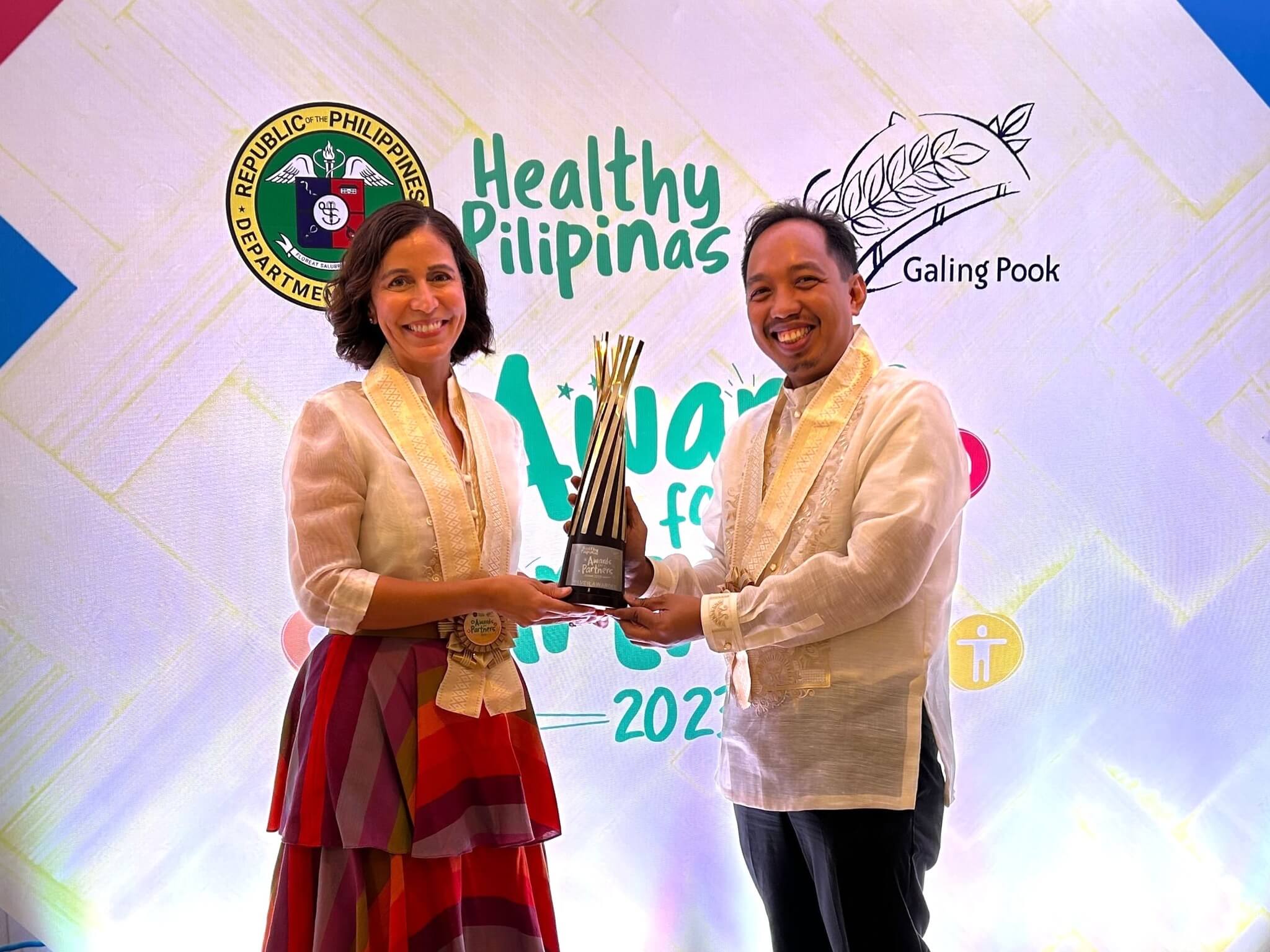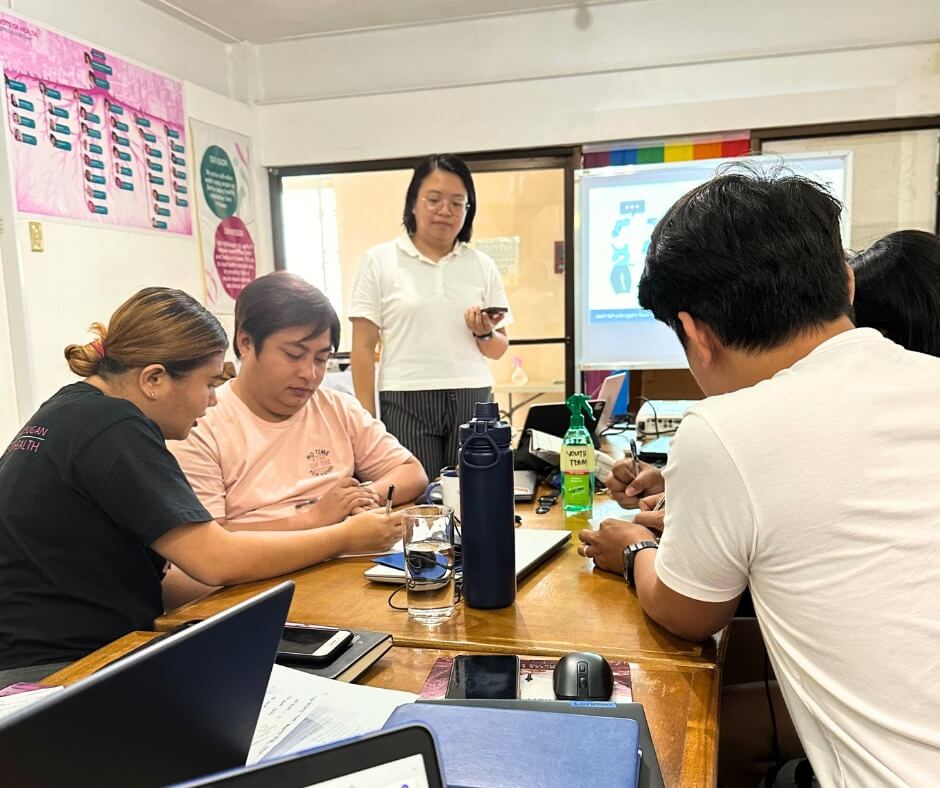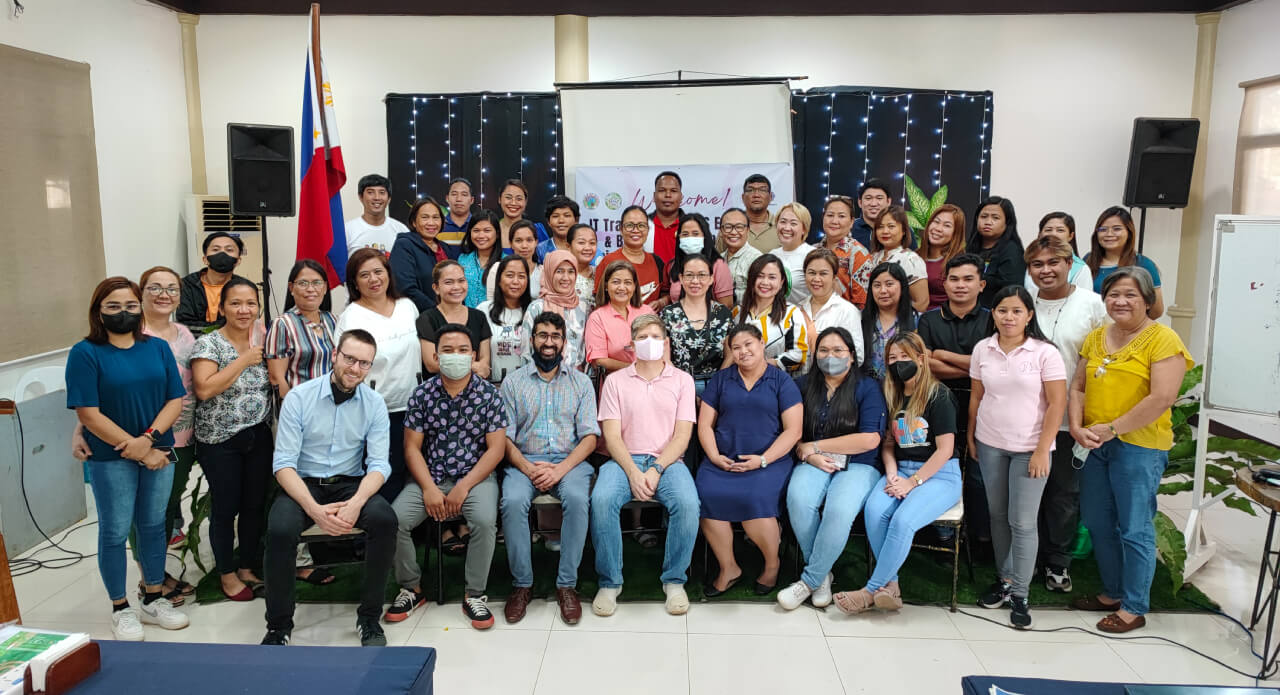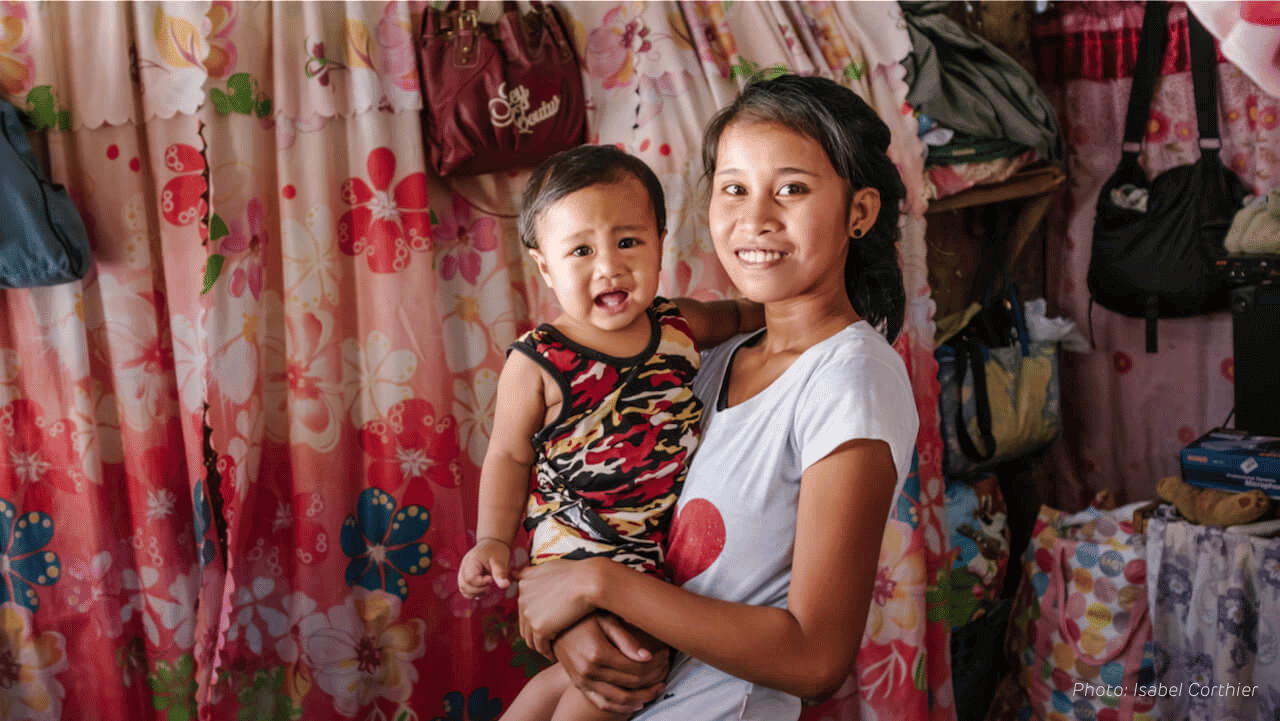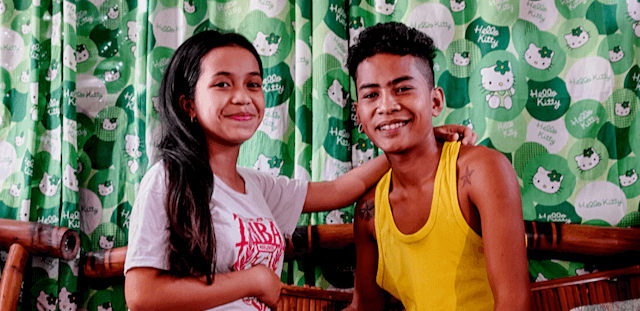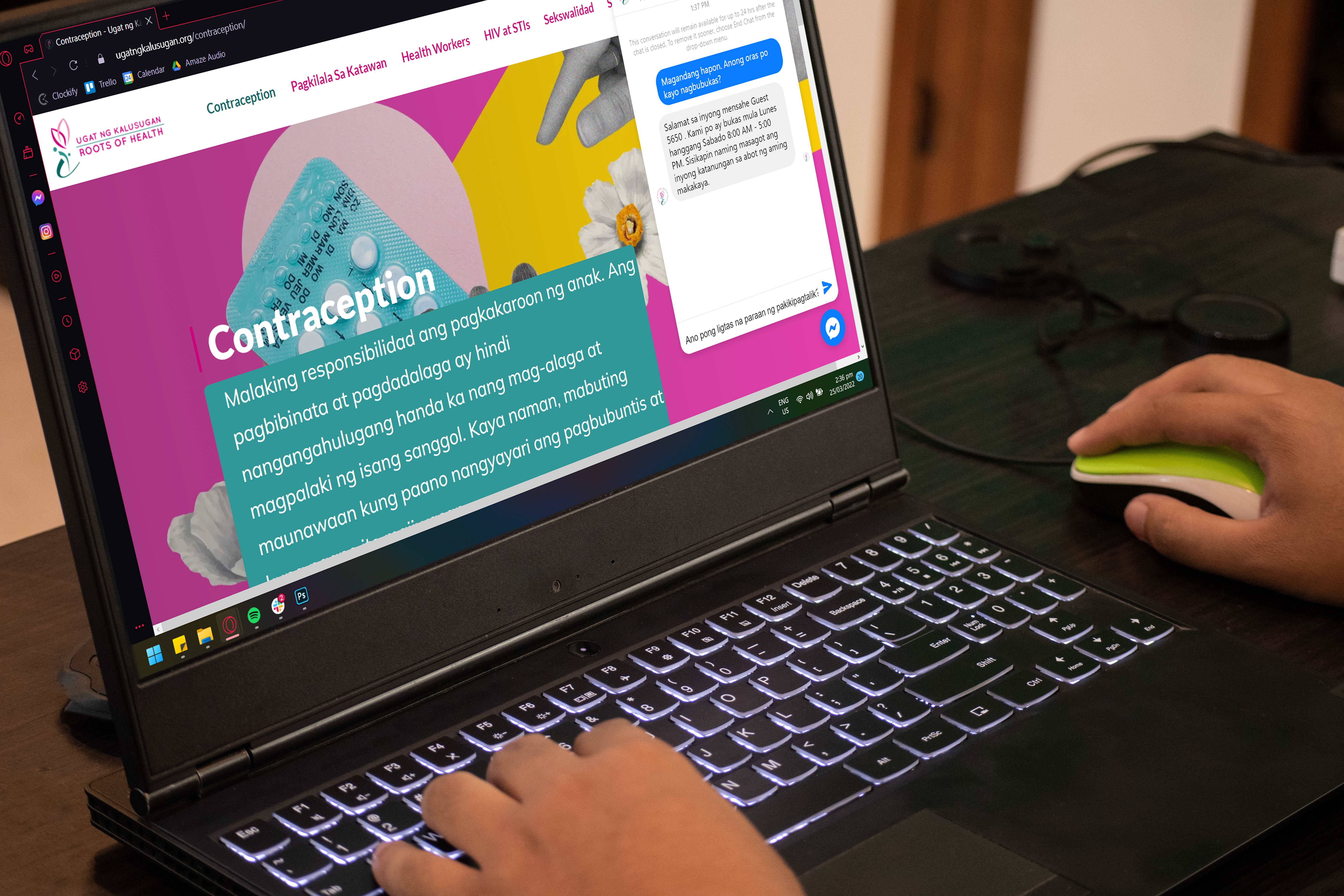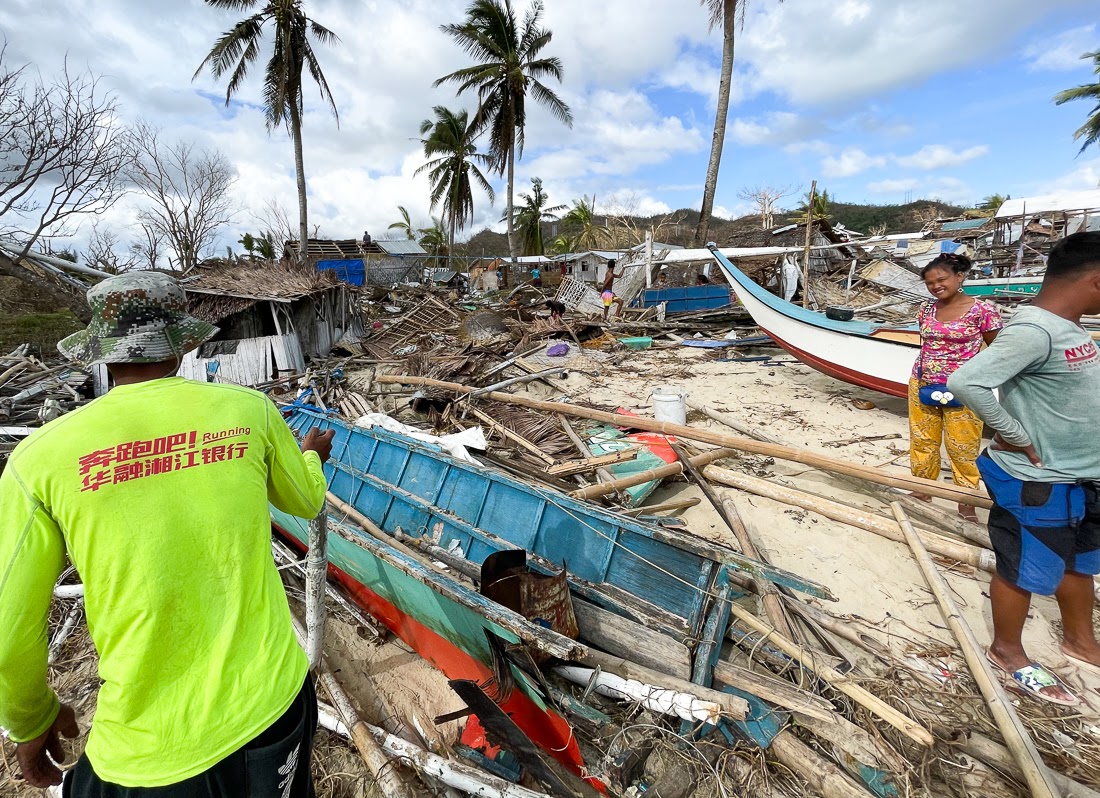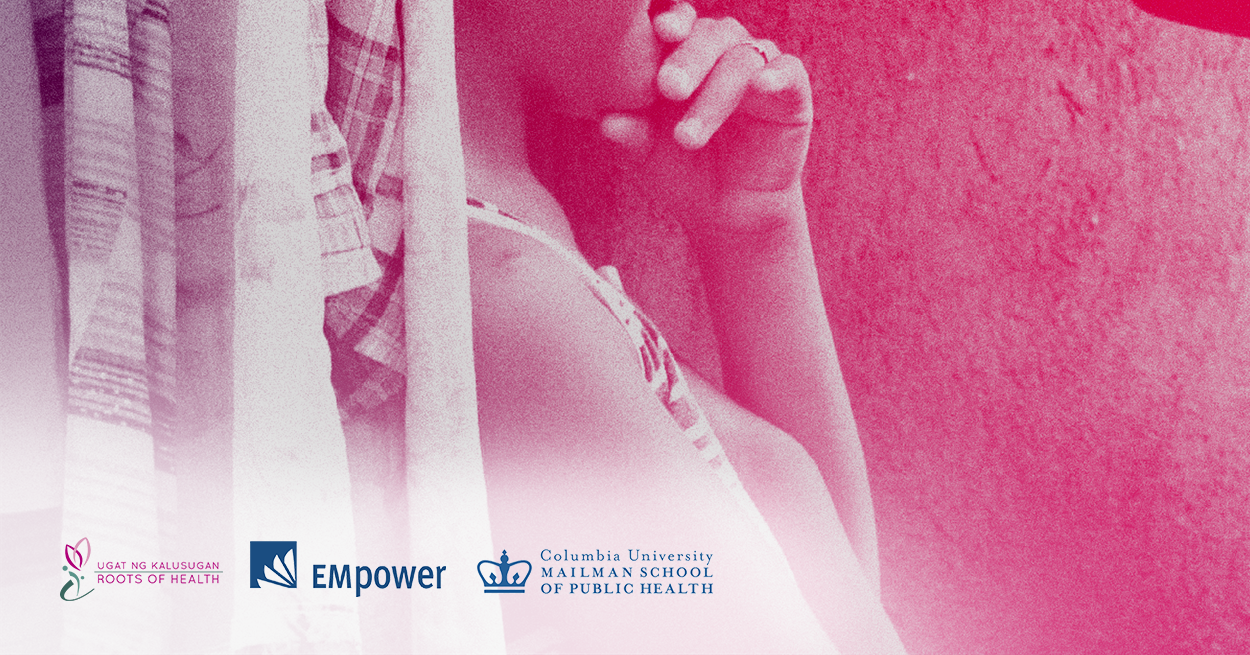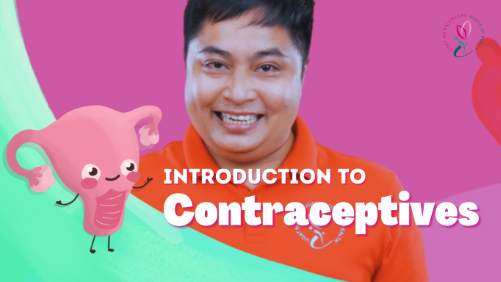We’re super grateful and humbled to receive two awards today from the Healthy Pilipinas Awards for Partners 2023! 🏆 Roots of Health bagged the Silver Award in Healthy Governance, Healthy Settings, and Health Literacy, for our work in reducing unplanned pregnancies and HIV cases in Palawan. With our partners USAID and the ReachHealth Project, we also won the Gold Award for the I Choose #MalayaAkongMaging campaign – which provides youth-centered
“If we can experience it, we can teach it!” This was the guiding principle embraced by our Youth Team during a series of learning sessions on mental health, facilitated by our Columbia University graduate Fellow, Aimary Rubio. Aimary, a master’s student in clinical psychology, said that the purpose of these sessions was to help our Youth Team explore various facets of what true mental well-being means and equip them with
15
Jun 2023
Coming Soon… Data Driven Municipalities
Data science can dramatically improve public health outcomes. Through the years, Roots of Health has worked with local governments to help them become more data driven in crafting and implementing health programs. We recently helped train 39 health workers on the Field Health Services Information System (FHSIS) which records the scope and coverage of essential public health services. The FHSIS is a crucial part of the Philippines’s information network to
08
Feb 2023
Minors Should Be Able to Access Contraception
Puerto Princesa City, Tuesday, 7 February 2023 — Roots of Health (Ugat ng Kalusugan), a Palawan-based organization that provides educational and clinical services to women and young people, has called on government to allow adolescent access to family planning commodities and services. This, as the Senate held a committee hearing, Tuesday, on three bills that seek to prevent teen pregnancies in the country. Roots of Health Executive Director Amina Evangelista-Swanepoel, speaking
30
Nov 2022
#Stronger 2023
Early mornings, long boat rides, and hot and humid days – this is the typical scenario when traveling to Agutaya, one of the hardest-to-reach group of islands in Palawan, Philippines. Though the villages are separated by sea, people are never strangers. All happily greet each other as they gather at the local health center to avail of their contraceptive of choice during an outreach mission led by Roots of Health
25
Mar 2022
Roots of Health Launches New Tagalog-Language Online Website and Chatbot for Reproductive Health Solutions
Through ugatngkalusugan.org, women, young people, parents, teachers, and health care workers can access RH information and services in a more accessible language. by Romar Miranda March 25, 2022, Puerto Princesa City, Palawan—Roots of Health (ROH), a non-profit organization based in Puerto Princesa City, Palawan, in partnership with the Embassy of Canada in the Philippines through the Canada Fund for Local Initiatives, recently launched its new Tagalog-language website. This is one
12
Jan 2022
Active Rehabilitation: Civic groups partner with Odette-hit communities in Palawan for recovery
by Romar Miranda One fundamental truth about humanity is the idea that help will come no matter the disaster. A day after Typhoon Odette (international: Rai) ravaged central and northern Palawan, local communities were in shock because of the unprecedented damages to life and property caused by the typhoon, with a total estimate of more than P7.8 billion. With the local governments already stretched thin from managing the COVID-19 pandemic,
Diane Santos’* then partner advised her to jump a couple of times and drink plenty of water after sex to expel sperm. She did what she was told. Unexpectedly for her, however, she still got pregnant. Diane was one of the 119 girls Roots of Health selected to participate in a research project to assess contextual factors associated with teen pregnancy in Palawan, Philippines. She was later on selected again
30
Jul 2021
Check Out Our New YouTube Channel!
As our health systems continue the fight against COVID-19, young people remain vulnerable to increased reproductive health risks such as teen pregnancy and sexually transmitted infections. Unfortunately, schools are still closed and we are still unable to reach young people through their classrooms. Despite limitations on physical movement, Roots of Health remains committed to providing high-quality, non-judgmental comprehensive sexuality education to young people. That’s why we recently launched our new
